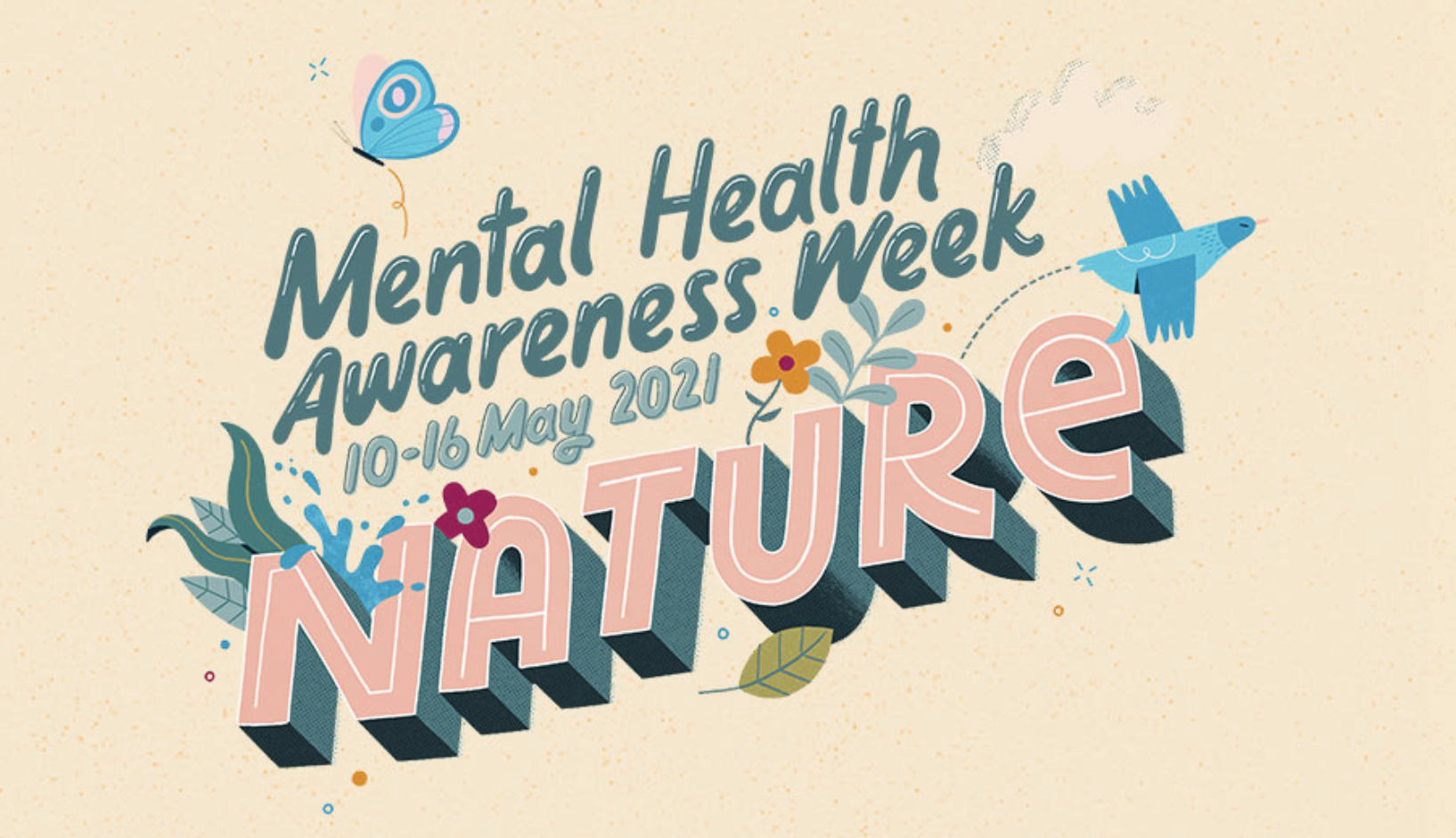
10 May Get off Screens and Connect with Nature for Mental Health Week
The first in a series of articles for Mental Health Awareness Week 2021 in the UK, May 10th-May 16th, spotlighting how getting off screens and getting out into nature boosts our mental health.
The Power of Nature for Mental Health
The theme of ‘Nature’, chosen for this year’s Mental Health Awareness Week, reflects the experience all of us had during the various lockdowns and rest in place orders of the last twelve month’s global pandemic. Research from the Mental Health Foundation, who organise Mental Health Awareness Week in the UK, found that going for walks outside was one of our top coping strategies with 45% of UK adults saying that being in green spaces had been vital for their mental health. Websites which showed footage from webcams of wildlife saw hits increase by over 2000%. Wider studies also found that during lockdowns, people not only spent more time in nature but were noticing it more.
Getting off screens and getting outside
Connecting with nature has been an important part of our manifesto since the earliest days of the founding of Time To Log Off. We have always believed passionately in the power of reconnecting with the outside world to provide the perfect antidote to excess screen time. Over this next week we will be providing you with inspiration through highlighting some of the charities and organisations that are working to preserve and protect our green spaces, wildlife and habitat – not just because that benefits the planet, but because the natural world is so vital for us to rest and recharge in.
The power of connecting with trees and woodlands
Walking in woods and forests (what the Japanese call ‘forest bathing’), has a long history of being associated with mental health benefits with many of us understanding that intuitively. Now there is also an increasing
amount of research to back this up. Scientific evidence shows that visiting a forest can improve mood and attention span, and even enhance psychological stress recovery. One study says walking among trees reduces levels of cortisol, a hormone associated with stress, and claims a forest walk can boost the immune system through breathing in phytoncides, which trees emit to protect themselves from germs and insects.
Research from the NHS has even shown that patient recovery rates improve even if they can only view trees from their hospital window.
The Woodland Trust
Woodlands are vital for our mental health, and a great choice for recharging after long days on screens. So, making sure everyone has easy access to trees and woodlands is important. The Woodland Trust is working to preserve and replant existing and ancient areas of woodland, to benefit us, the planet and wildlife. In the UK total ‘woodland cover’ is only 13% of all land (compared to 37% in the EU). Since 1972 The Woodland Trust has planted over 50million trees, with the aim to plant one tree for every person in the UK
Support the work of The Woodland Trust and The Mental Health Foundation
With trees and woodlands so important for our mental health we want to encourage you to make time to find and visit your nearest tree-filled spaces during your planned digital detox breaks. In the meantime, do take a look at the different ways you can support either of the organisations featured; The Mental Health Foundation and The Woodland Trust. Try and take some time to put down your screens, go outside and connect with nature this week (and every week).
For more suggestions on managing your relationship with tech to benefit your mental health, take a look at our new book ‘My Brain Has Too Many Tabs Open‘.






Sorry, the comment form is closed at this time.